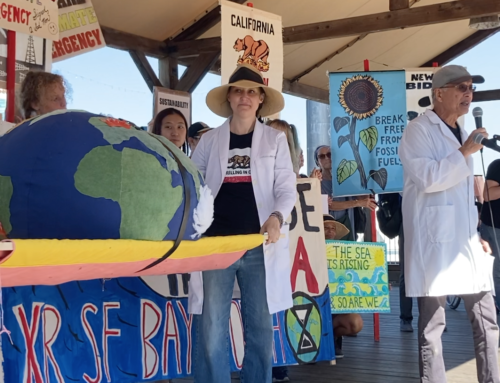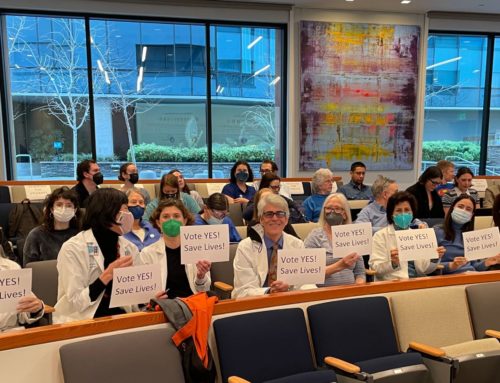Governments: commit to meaningful military emissions cuts at COP26, Oct-Nov, 2021
SF Bay PSR and many other PSR chapters joined more than 222 organizations to endorsed this joint call to action organized by the Conflict and Environment Observatory.
The 2015 Paris Agreement left cutting military greenhouse gas (GHG) emissions to the discretion of individual nations. Militaries are major emitters and should not be excluded from GHG reduction targets. Governments must demonstrate their commitment to the Paris targets by setting military GHG reduction targets at COP26. Militaries and the industries that support them can no longer be viewed as exceptional and must take urgent and significant action to reduce their GHG emissions and environmental bootprint.
In order for governments commitments to reducing military GHG emission to be credible and meaningful, they must:
- Set clear GHG emission reduction targets for the military that are consistent with the 1.5ºC target specified by the 2015 Paris Agreement;
- Commit to GHG emission reporting mechanisms that are robust, comparable and transparent, are based on the GHG protocol, and which are independently verified;
- Set clear targets for the military to conserve energy, reduce reliance on fossil fuels and switch to environmentally responsible renewable energy;
- Publish GHG reduction policies, strategies and action plans, with annual follow-up reporting on performance;
- Commit to incorporating climate and environmental assessments in decision-making for all procurement, activities and missions;
- Highlight the relationship between climate change and environmental degradation, and demonstrate a commitment to reducing the overall environmental impact of all military activities and missions.
READ MORE
COP 26 Call for Action
Guardian: World’s militaries avoiding scrutiny over emissions, scientists say
Scientists for Global Responsibility: The carbon boot-print of the military
The Military Emission Gap Website: look up your country’s military emissions data


